
5 Foods That Become Harmful When Reheated
5 Foods That Become Harmful When Reheated — Forcing Yourself to Eat Them Only Brings Illness
Some foods should not be left over and reheated. Doing so not only reduces their nutritional value but can also generate harmful substances.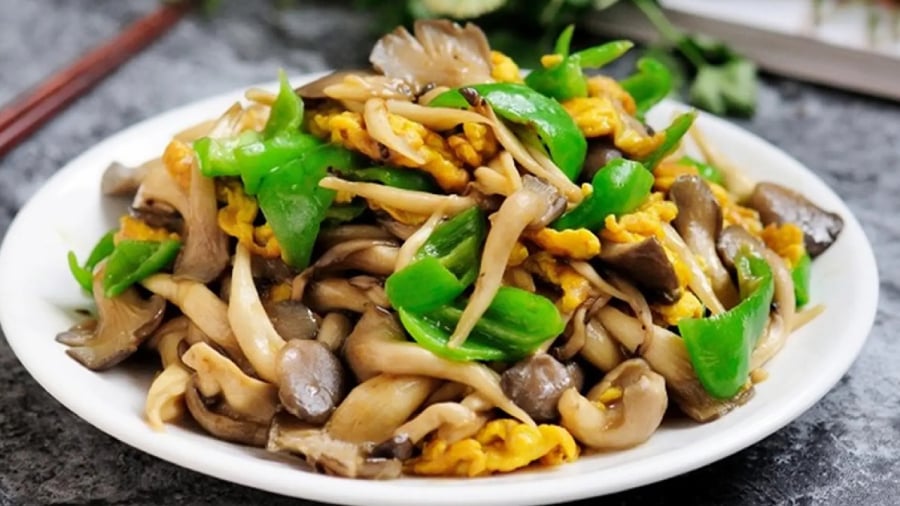
In daily meals, it’s common to have some leftovers. Most people store them in the fridge and reheat them for the next meal. However, not all leftovers are safe to reheat. Some dishes, once cooked, stored, and reheated, lose their nutrients and may even produce toxic compounds. Below are 5 types of food you should avoid reheating.
1. Mushrooms
Mushrooms are rich in protein and enzymes, which break down when reheated. They may also produce harmful compounds that cause digestive issues. Eating reheated mushrooms can lead to bloating, stomach pain, and diarrhea due to denatured proteins that are no longer safe.
2. Seafood
Seafood contains high amounts of protein and is prone to bacterial contamination during storage. When reheated, not only do nutrients deteriorate, but toxins from bacteria can also trigger digestive disorders.
Cooked seafood that has been stored too long or reheated loses its freshness and significantly increases the risk of food poisoning.
3. Leafy Green Vegetables
Leafy greens are often rich in nitrates. When reheated, nitrates can convert into nitrites, which in turn can transform into nitrosamines—compounds linked to health risks, including the growth of cancerous cells.
For vegetables, it’s best to cook only what you need for one meal and eat them fresh.
4. Soft-Boiled Eggs
Eggs may contain Salmonella bacteria, which can cause diarrhea and food poisoning. In soft-boiled eggs, these bacteria may not be completely destroyed, posing an infection risk. Reheating does not guarantee that salmonella will be eliminated. Therefore, soft-boiled eggs should be eaten immediately after cooking and not stored or reheated.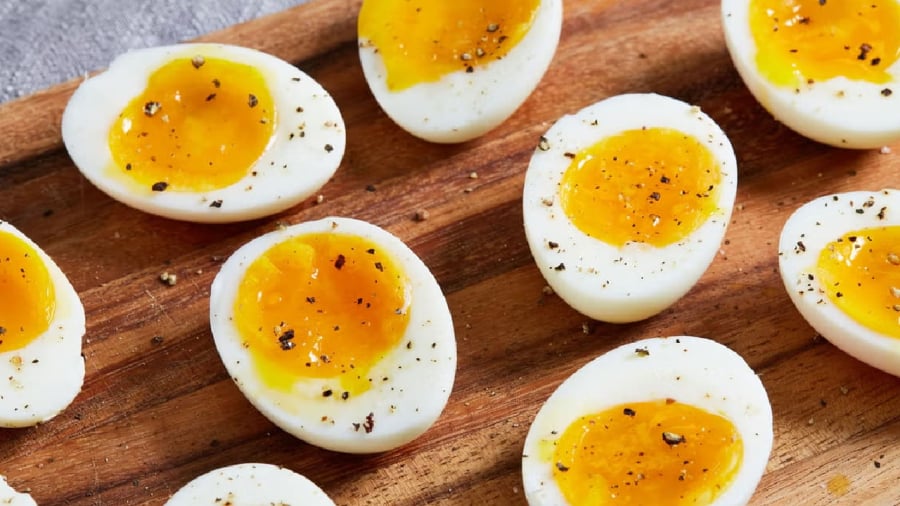
5. Snow Fungus (White Jelly Mushroom) Soup
Snow fungus is often used in beauty-boosting dishes, but it contains high levels of nitrate. Once cooked, nitrates can convert into nitrites. High nitrite intake can be harmful, leading to digestive disorders and negatively affecting normal blood formation.
To maximize its nutritional benefits, snow fungus should be cooked and consumed immediately rather than stored and reheated.
Final Advice
Instead of saving leftovers and reheating them, it’s better to prepare just enough food for one meal. This way, your dishes are always fresh, full of nutrients, and delicious in flavor.
News in the same category


Headache for 5 days, woman suddenly fell to the ground, co.nvulsed, had difficulty speaking

Summer or winter, Japanese people wear socks to sleep — here’s why!
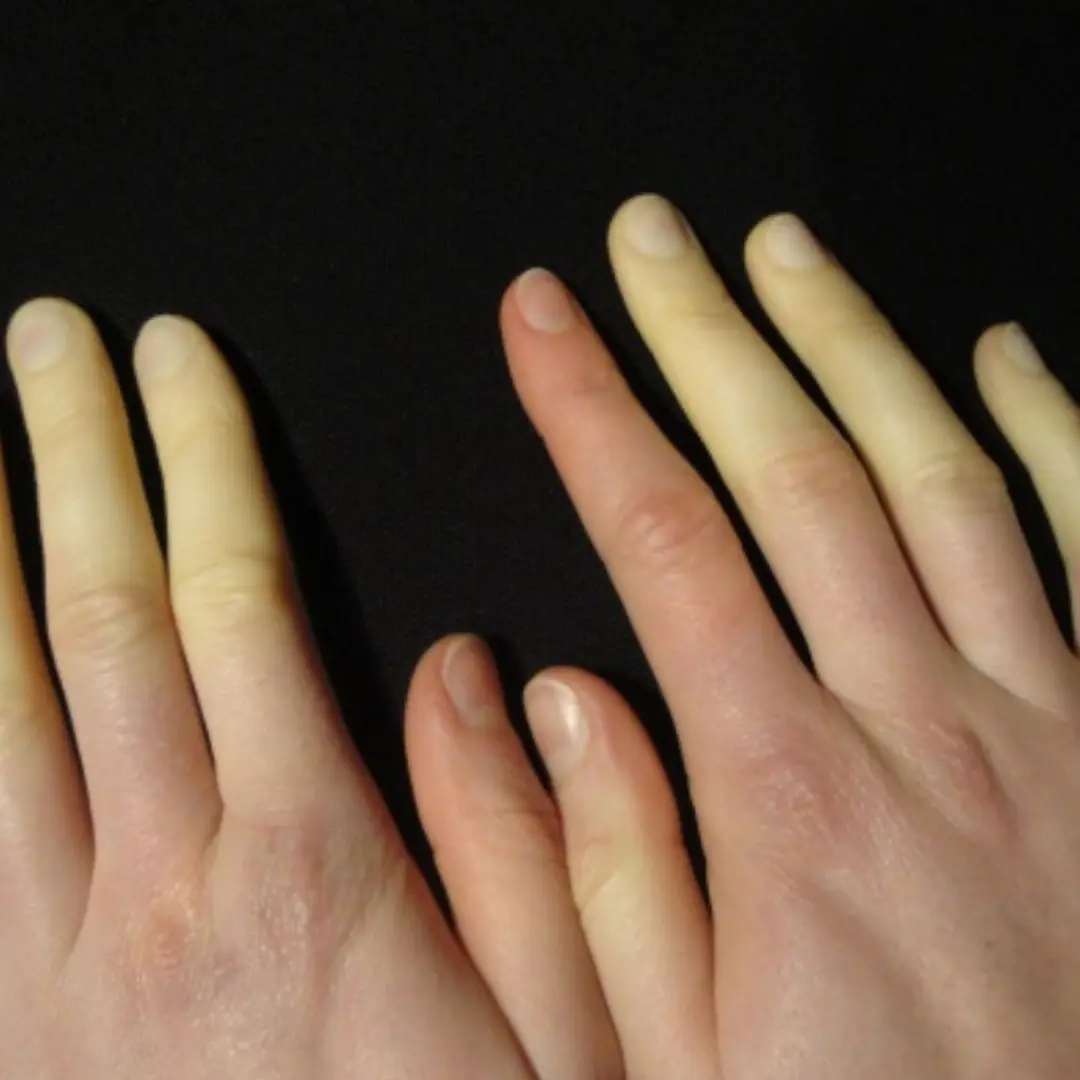
Spot these 10 symptoms? It’s time to see a doctor without delay!
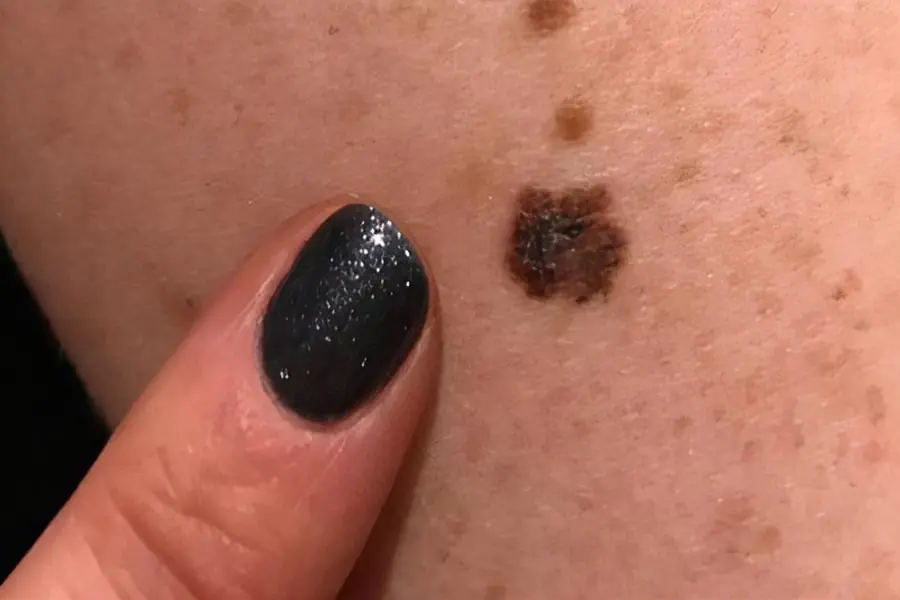
4 Types of Pimples That Could Be a “Disguise” for Can.cer
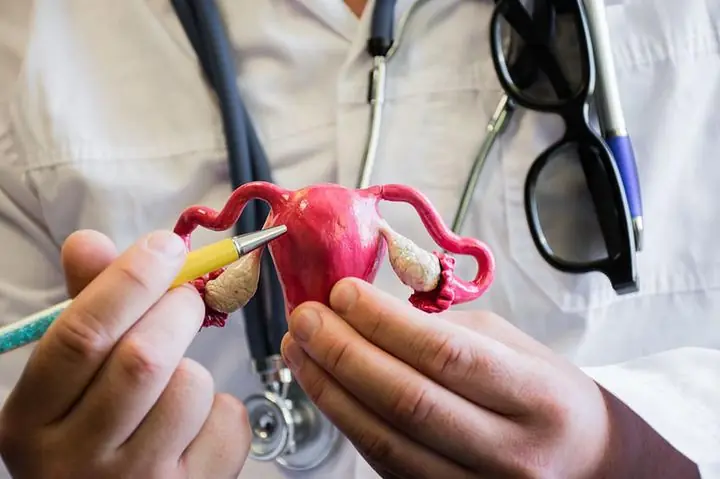
Women Who Regularly Eat These 4 Dishes Won’t Have to Worry About a Cold Uterus

7 Types of Fish High in Mercury: Limit Them No Matter How Much You Like Them
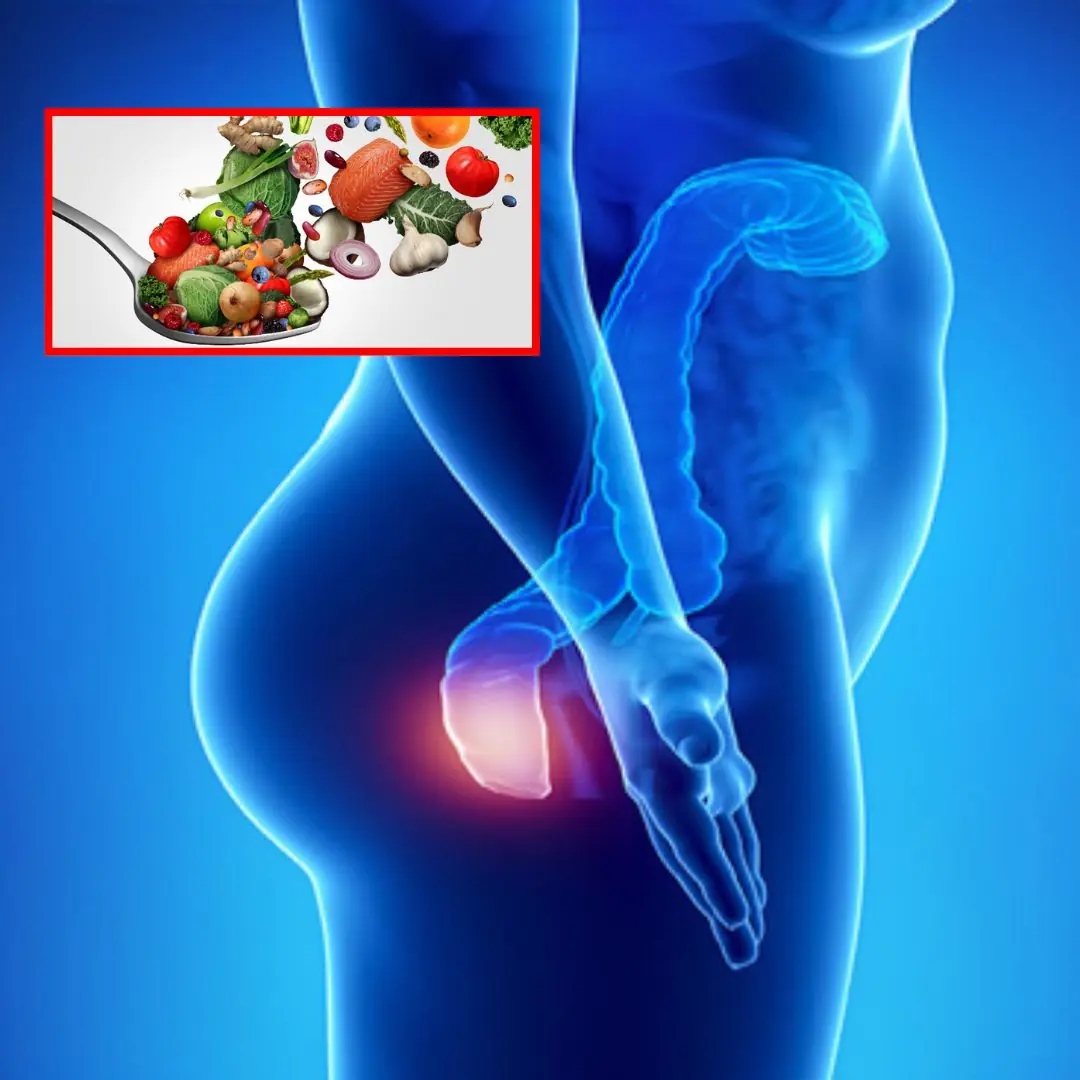
15 Foods That Are Good for People with Hemorrhoids
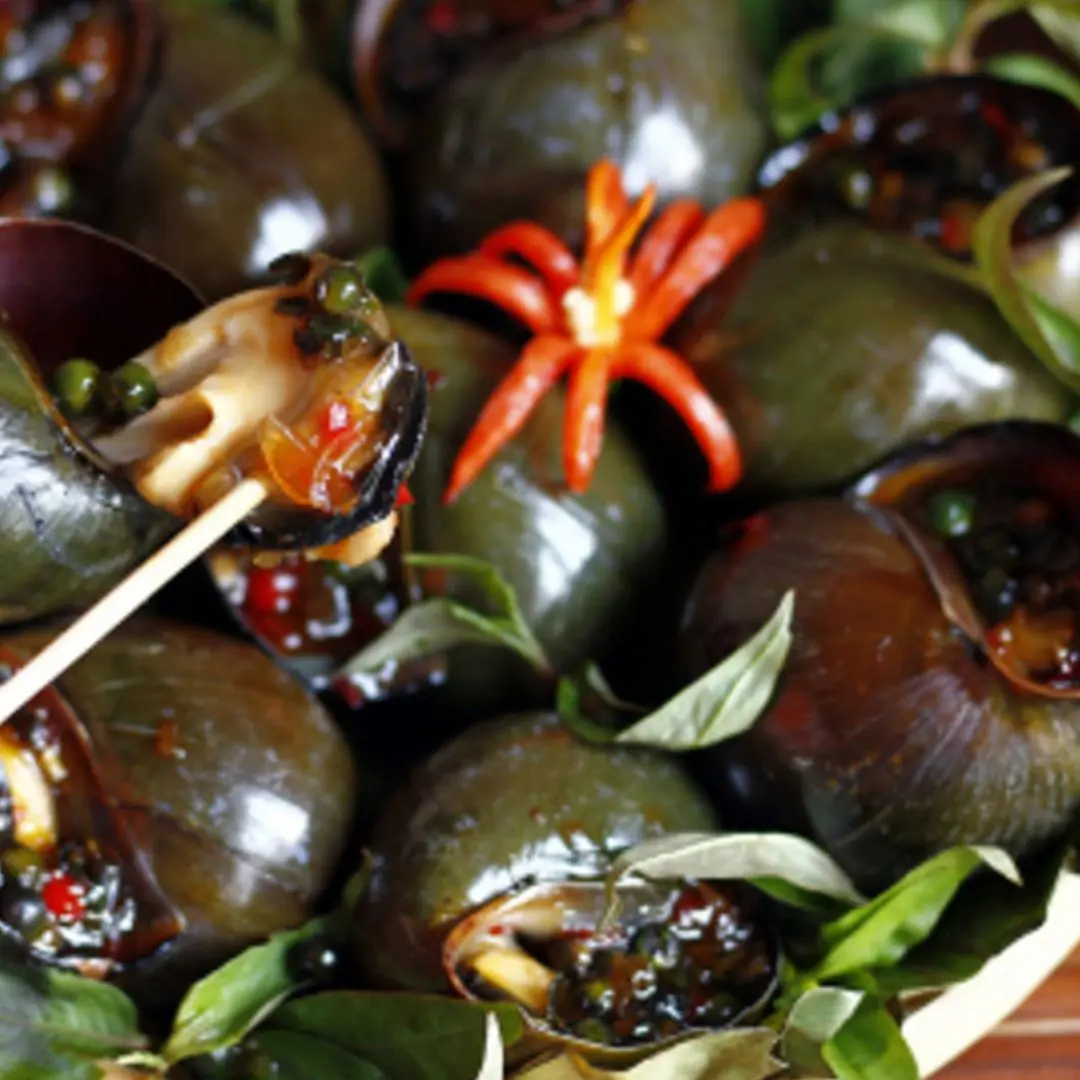
The Worst Foods for Worm Contamination You Should Know About
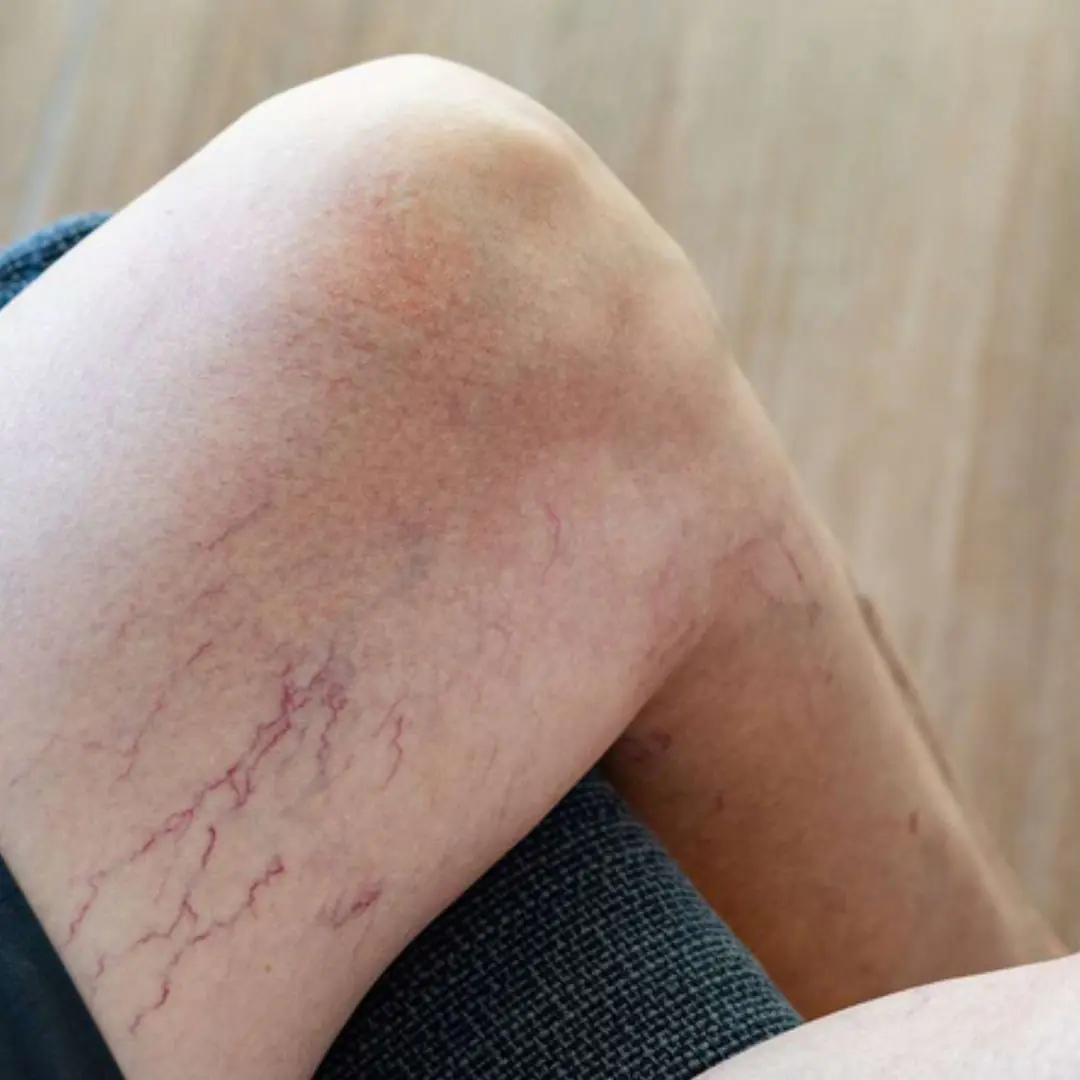
Leg Veins Turning Purple? Here’s What You Need to Know

Revealing 6 Obvious Can.cer Warning Signs You Can Spot Just by Looking in the Mirror!

Women on the Verge of “Estrogen Depletion” Often Show 5 Alarming Signs
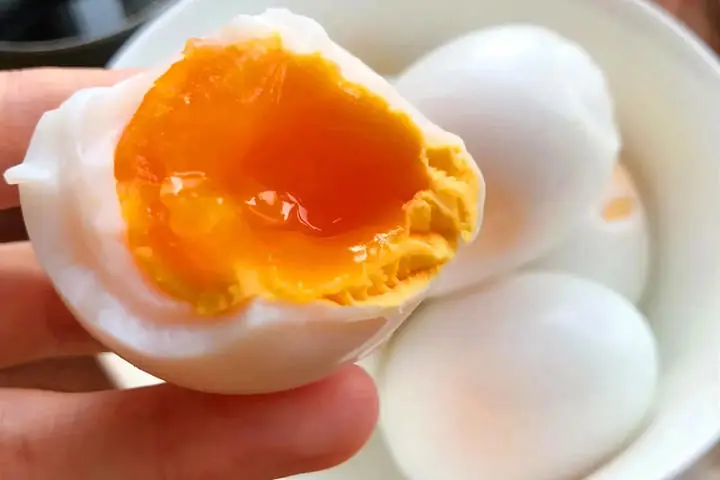
4 Foods Once Branded as “Health Enemies” That Turn Out to Be Superfoods

Waking up with bruises on your legs, a dangerous sign that you should not ignore
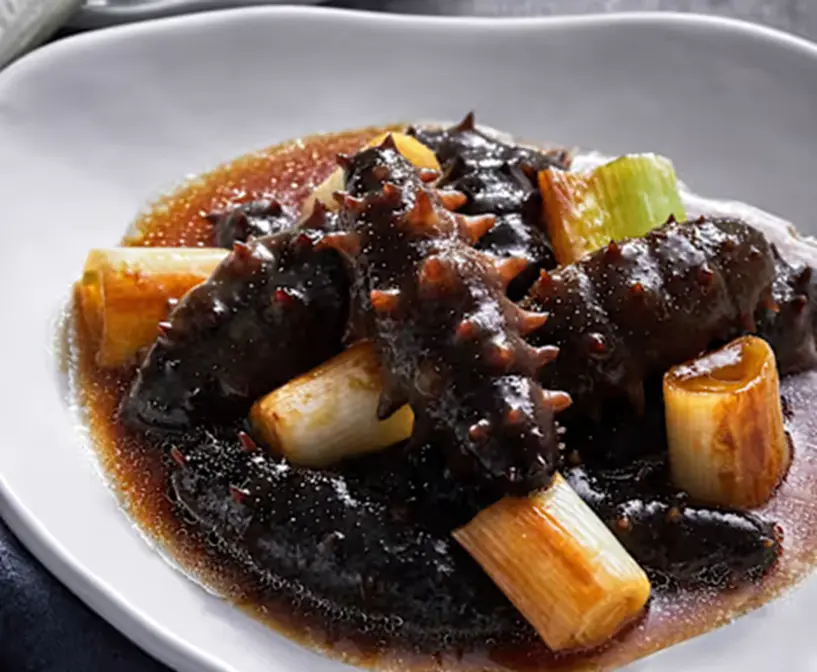
6 Types of Summer Seafood as Nutritious as Ginseng
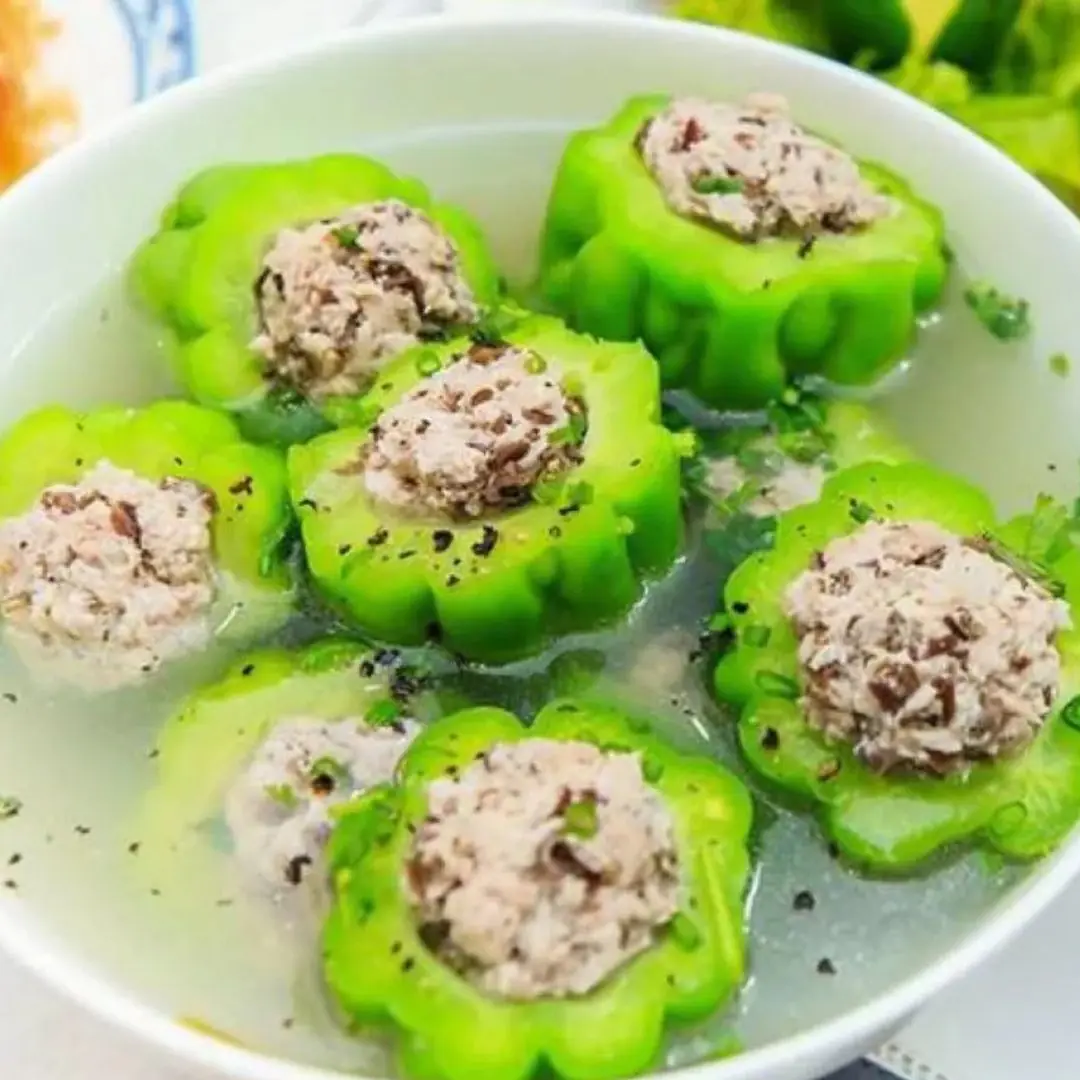
Not for everyone: 5 groups who should be wary of bitter melon
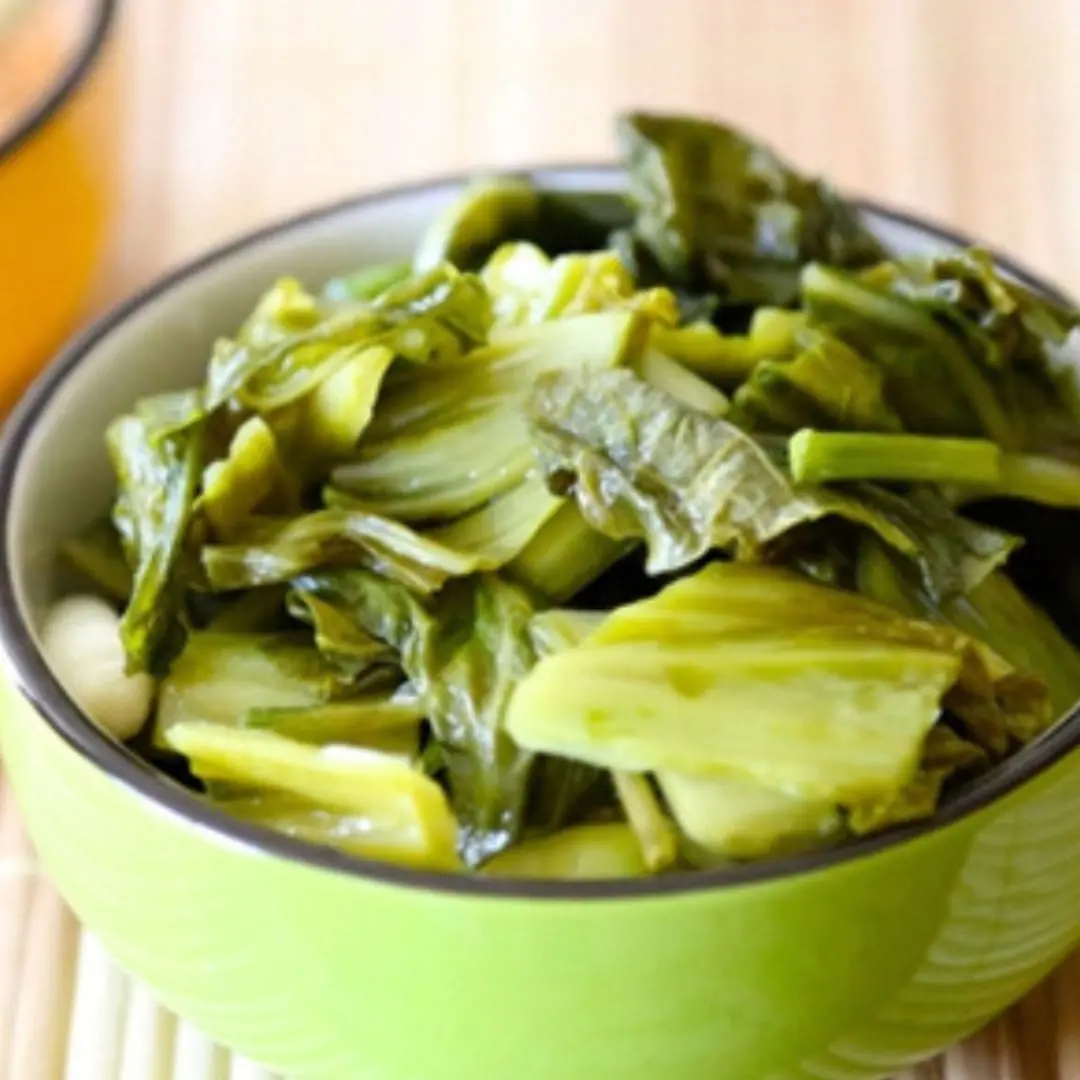
Who needs to cut back — or stay away — from pickled vegetables?
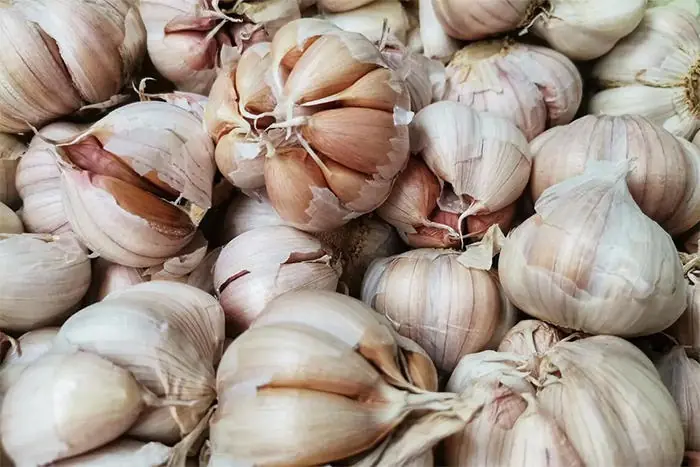
5 Types of Garlic with High To.xin Levels That Could Cost You Your Health

Visible Green Veins in 6 Areas Could Signal Hidden Diseases
News Post
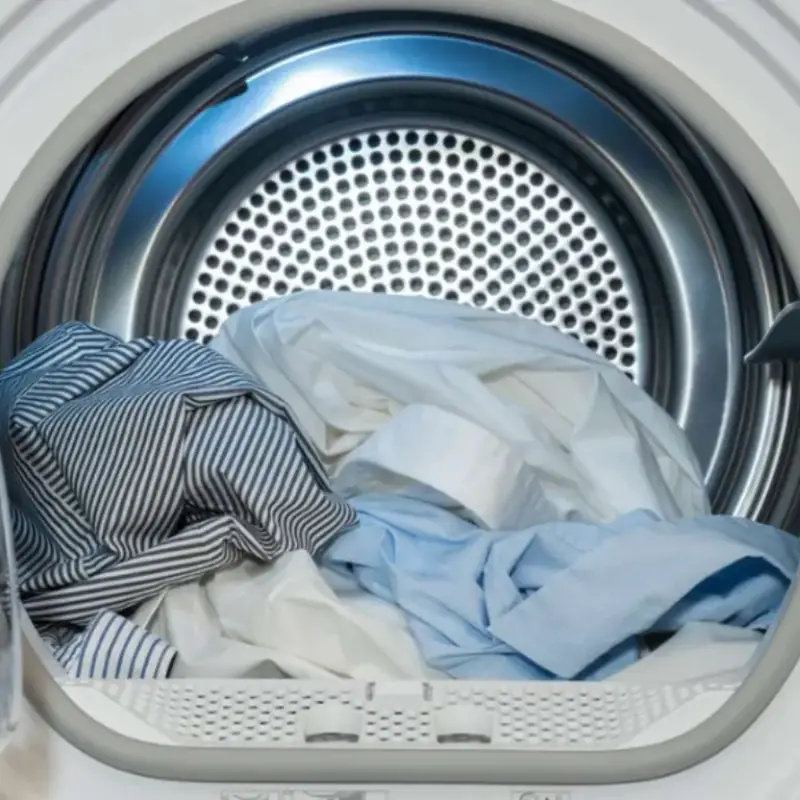
Washing Machines Have a Special Mode That Dries Clothes Faster

Flight attendant explains why cabin crew members always sit on their hands during takeoff

6 things you should absolutely not do when you have neck and shoulder pain because they destroy bones and joints and are terrible for your stomach

8 types of plants that attract snakes into the house
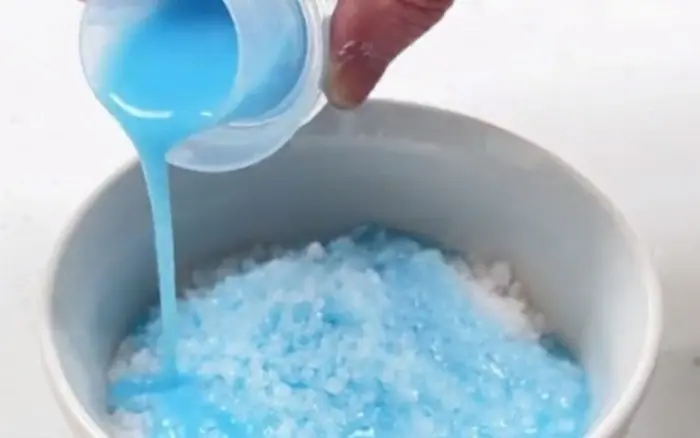
Mixing fabric softener with salt: Great use to solve household problems

Headache for 5 days, woman suddenly fell to the ground, co.nvulsed, had difficulty speaking

Summer or winter, Japanese people wear socks to sleep — here’s why!

Spot these 10 symptoms? It’s time to see a doctor without delay!

4 Types of Pimples That Could Be a “Disguise” for Can.cer

Pour Salt into the Toilet: The Surprising Benefits Every Home Needs

Women Who Regularly Eat These 4 Dishes Won’t Have to Worry About a Cold Uterus

After grandma pas.sed, grandpa found peace in his old cabin - far from home

7 Types of Fish High in Mercury: Limit Them No Matter How Much You Like Them

15 Foods That Are Good for People with Hemorrhoids

The Worst Foods for Worm Contamination You Should Know About

Leg Veins Turning Purple? Here’s What You Need to Know

Revealing 6 Obvious Can.cer Warning Signs You Can Spot Just by Looking in the Mirror!

Women on the Verge of “Estrogen Depletion” Often Show 5 Alarming Signs
